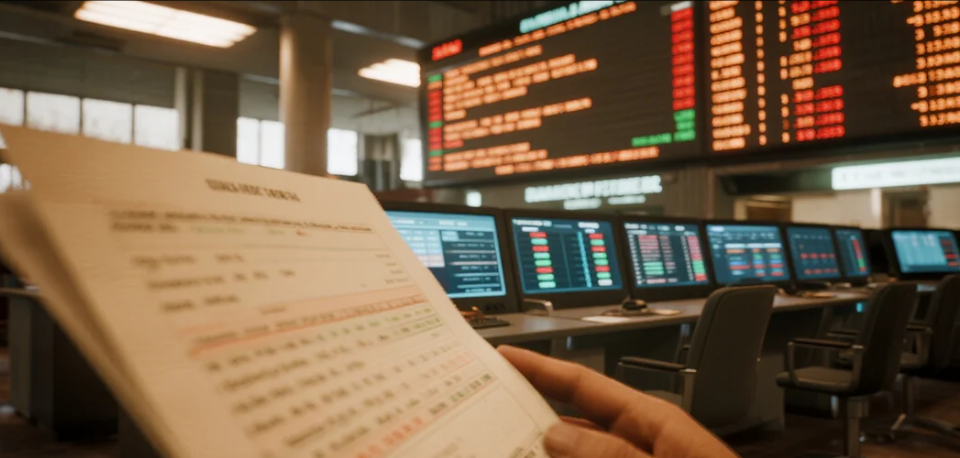
Forex Trading Basics: How to Choose the Right Candlestick Timeframe
In forex trading, candlestick analysis is most effective when you select the appropriate timeframe based on your trading style. Here are key considerations:
-
15-Minute Charts for Short-Term Trading
For short-term traders, the 15-minute candlestick chart is ideal. Beginners, in particular, should focus on this timeframe for both practice and live trading. -
Use 4-Hour Charts for Trend Analysis, 1-Hour Charts for Transitions
Before placing trades, analyze the 4-hour chart to identify the overall trend and direction. Then, switch to the 1-hour chart to assess critical transition periods, which help predict the next phase of price movement. These transitions (e.g., between European and U.S. sessions) are pivotal for trend continuation or reversal. -
Shorter Timeframes Offer Higher Sensitivity
The shorter the candlestick timeframe, the more sensitive it is to market movements. The 5-minute chart suits ultra-short-term trading, providing flexibility to gauge near-term trends and optimize entry/exit points—especially near support or resistance levels. -
5-Minute Charts Are Only for Ultra-Short-Term Trading
While useful for scalping, the 5-minute chart is too brief to determine long-term trends and is generally not recommended for beginners. -
Moving Average Divergence Signals Potential Reversals
Moving averages (MAs) can diverge from price action. For example:-
If the hourly MA trends upward but the 15-minute MA trends downward, a reversal may be imminent.
-
If the 15-minute MA trends downward while prices rise, a pullback (e.g., from a pivot point) is likely. Traders should prepare accordingly.
-
-
Short-Term Divergence Is More Predictive
Divergence in shorter timeframes (e.g., 15-minute charts) is more significant than in longer ones (e.g., hourly charts). Divergence occurs when MAs and price movement oppose each other, offering early reversal clues.















